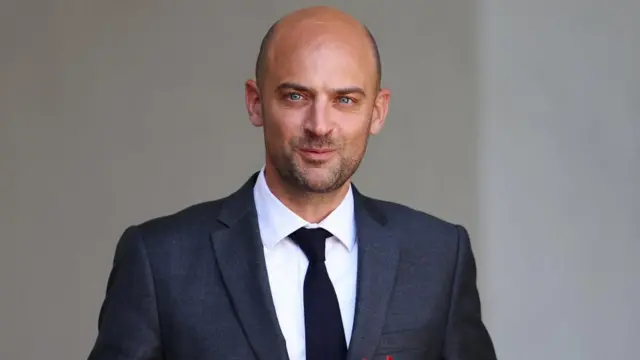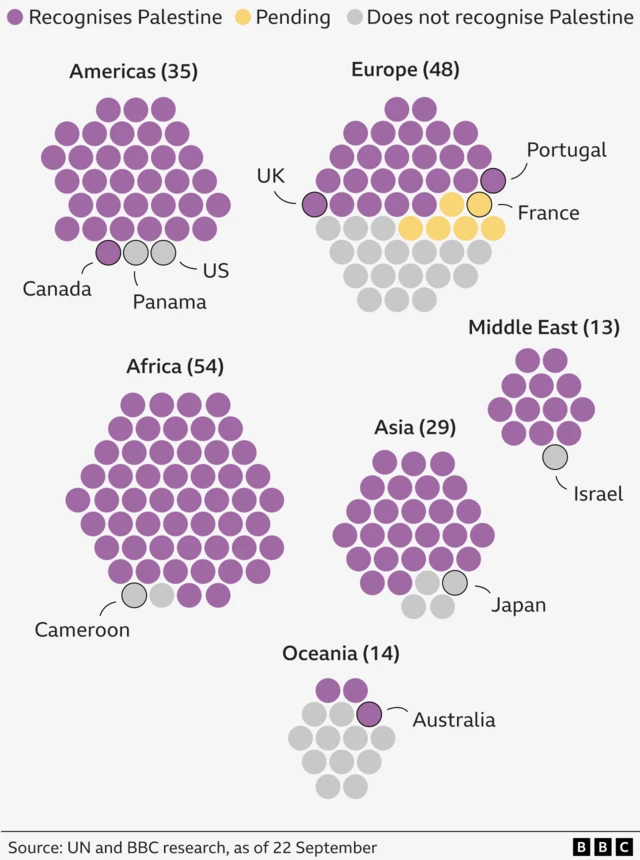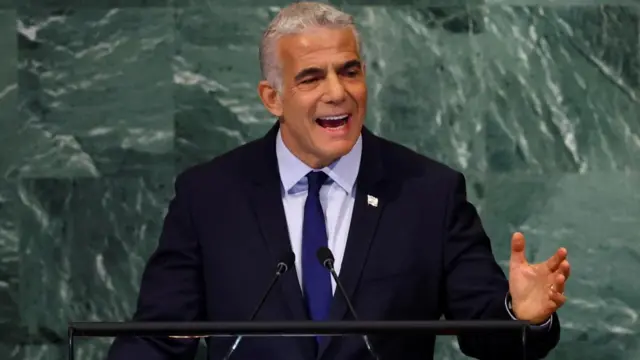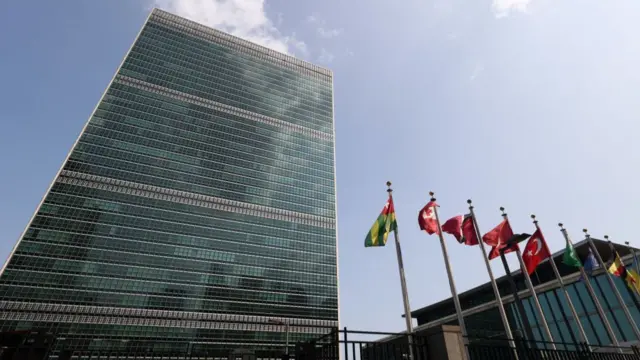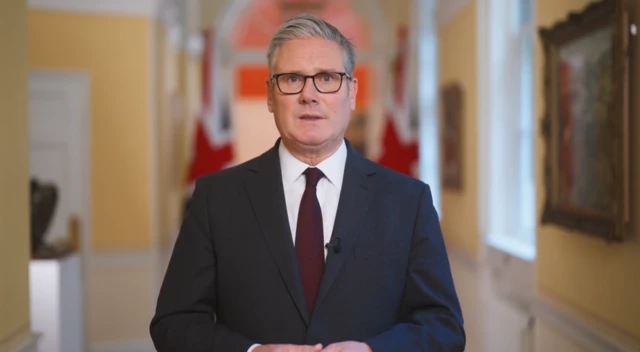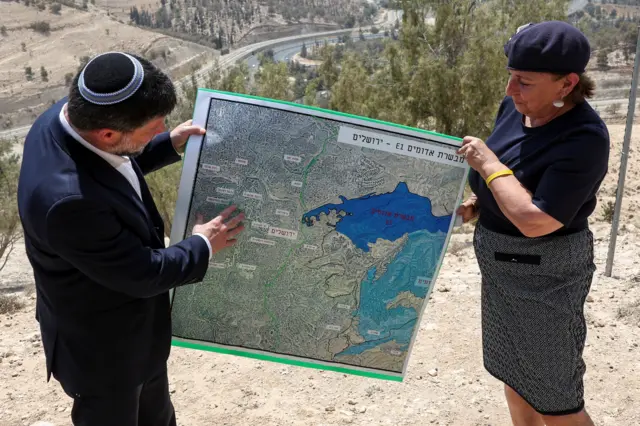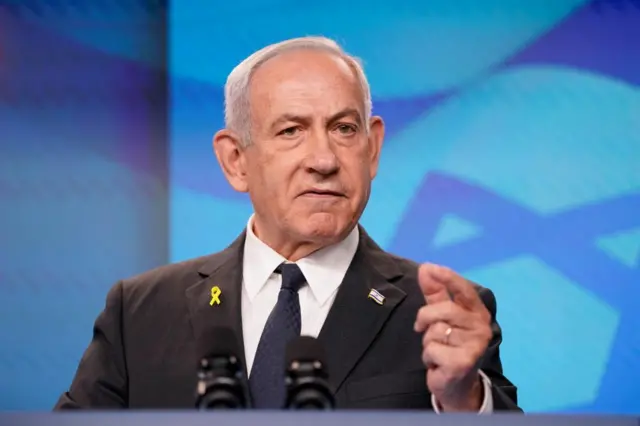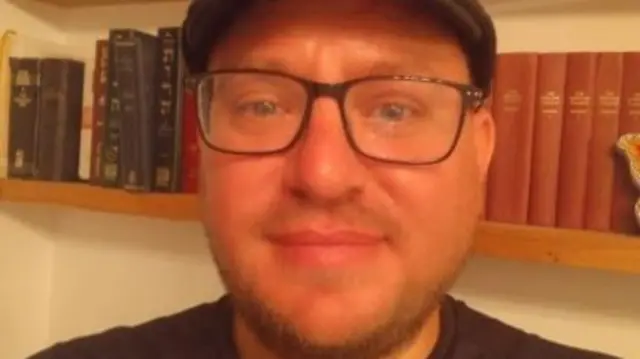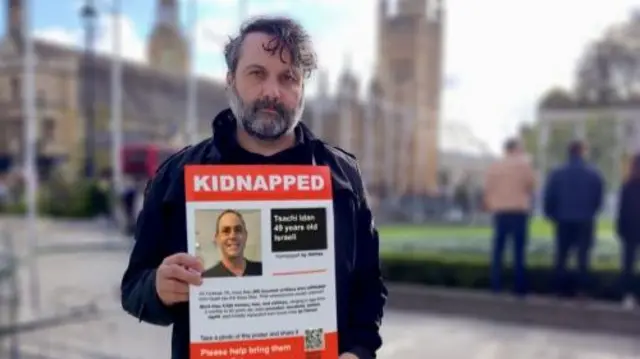Germany to hold off on Palestinian state recognition until two-state solution agreedpublished at 11:19 BST 22 September
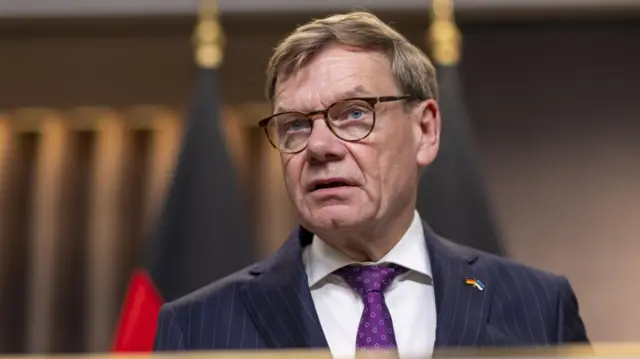 Image source, EPA
Image source, EPAAs he left for the UN General Assembly in New York, German Foreign Minister Johann Wadephul said that "a negotiated two-state solution is the path that can allow Israelis and Palestinians to live in peace, security and dignity".
"For Germany, recognition of a Palestinian state comes more at the end of the process. But this process must begin now," he said.
